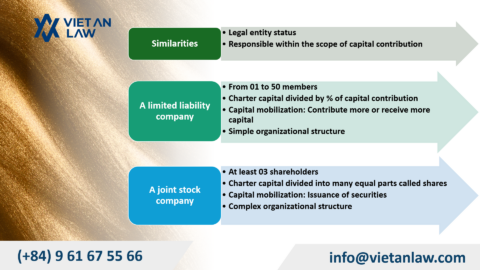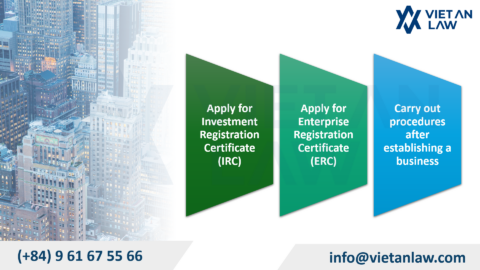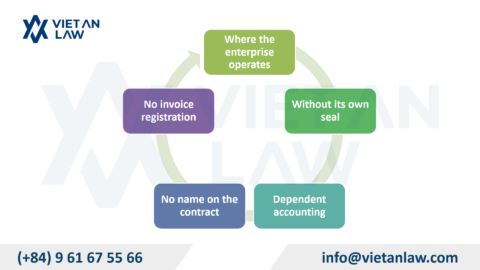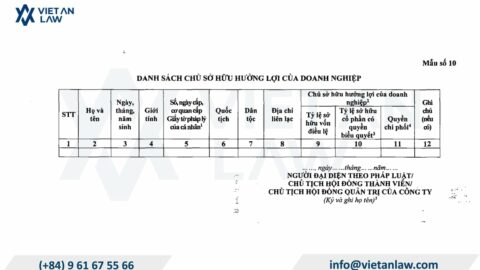Australia is becoming an attractive destination for international businesses thanks to its stable economy, favorable business environment and great market potential. Australia’s geographical location in the heart of the Asia-Pacific region is a major advantage, facilitating market expansion and access to business partners in the region. The Australian government also has many preferential and supportive policies for foreign businesses, especially in the fields of high technology, research and development. Setting up a company in Australia will become easier and less time-consuming if investors understand the procedures for setting up a company in Australia. Viet An Law would like to present the procedures for establishing a company in Australia through the article below.
Table of contents
The two main types of businesses in Australia include:
For most new or growing businesses, the Proprietary Limited Company (Pty Ltd) type is usually the optimal choice due to the limited liability mechanism for shareholders and a flexible management structure, suitable for up to 50 non-employee shareholders and no public fundraising.
After you have determined the type of company, you need to choose a name for your business. The company name needs to comply with ASIC regulations, not be confusing or offensive to others, and must clearly represent the legal type by ending in “Proprietary Limited” or “Pty Ltd”.
Pty Ltd company is required to have at least one director, and most importantly, at least one of those directors must be a resident of Australia. In addition, under the new law, all individuals who take on the role of director must obtain a Director ID from the Australian Business Registration Service (ABRS) before being formally appointed and before the company is incorporated.
Although it is not mandatory for Pty Ltd, if a company secretary is appointed, this person must also be permanently resident in Australia.
Before registering to establish a company, you need to draft the company’s charter. You can use one of the two ways below.
Once you’ve completed all of the above preparations, the next step is to register your company with the Australian Securities and Investments Commission (ASIC). The application to be prepared includes the above information and you need to complete Form 201 (Application for registration as an Australian company).
The online filing method through the ASIC Portal is a convenient and efficient way to make a variety of trades and submit various forms including company formation to the Australian Securities and Investments Commission (ASIC).
PSPs include registered agents, law firms, accounting firms, or companies specializing in business formation services. The units will prepare and submit electronic documents to ASIC on your behalf.
Note: For the incorporation profile components, you are required to obtain written consent from all nominees as directors, company secretary (if any), and shareholders. These documents confirm that they agree to take on the role or hold shares in the company.
Once ASIC has received a complete, valid application along with the corresponding fee, ASIC will proceed to process the application. If the application is approved, ASIC will proceed to issue a 9-digit Certificate of Registration and Australian Company Number (ACN). This ACN will be the official identifier for the company and must be shown on the company’s documents as prescribed.




